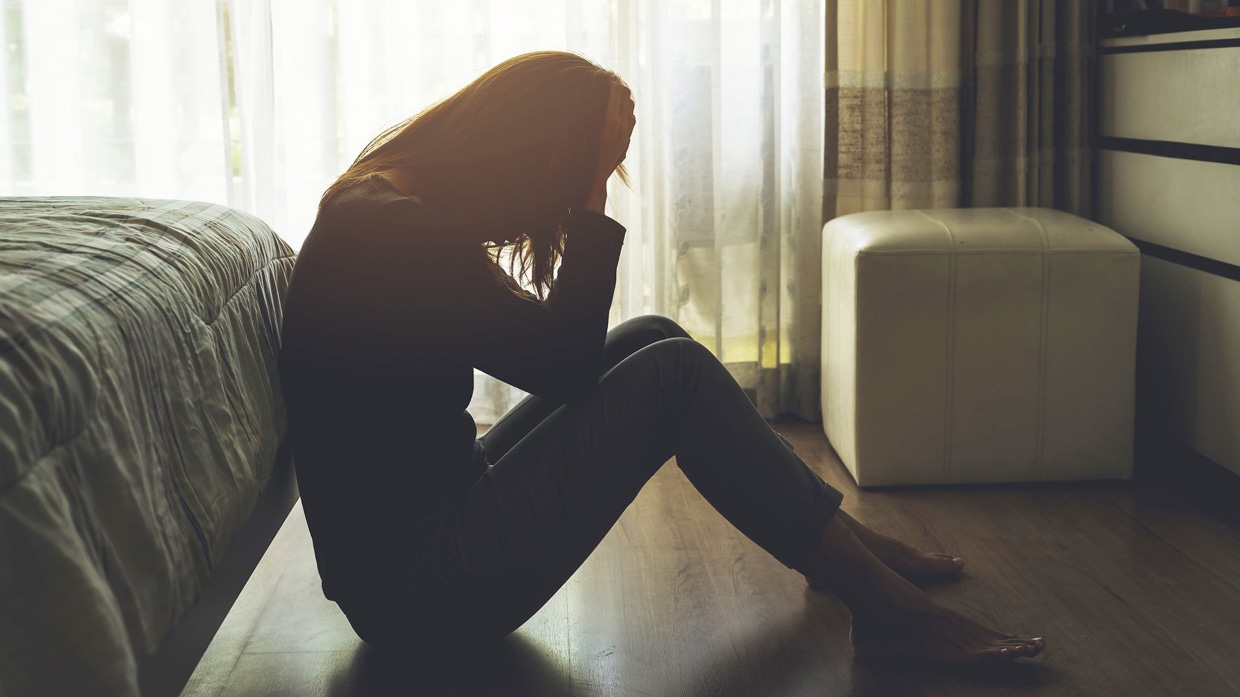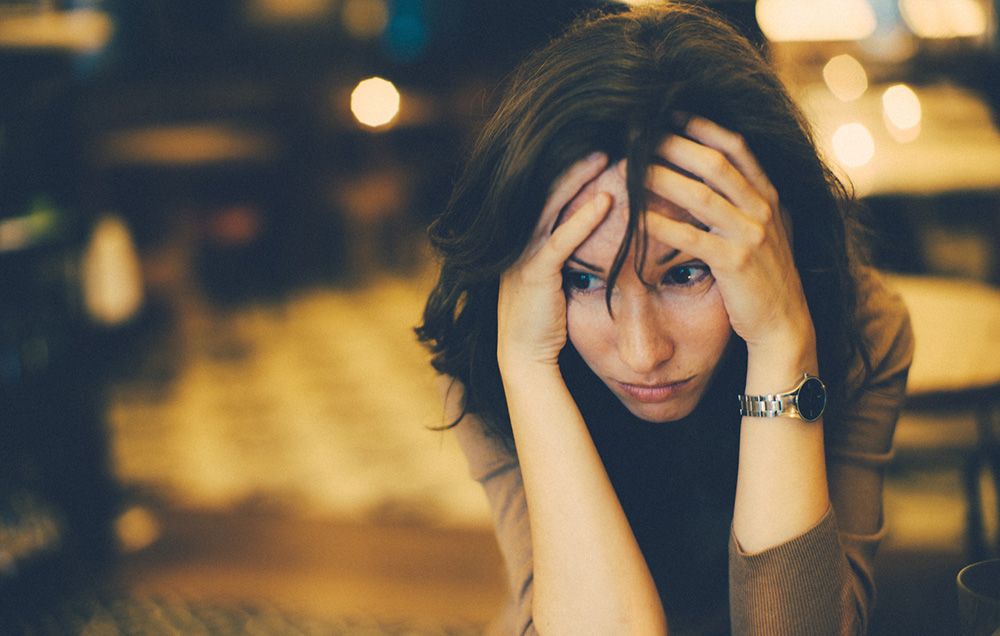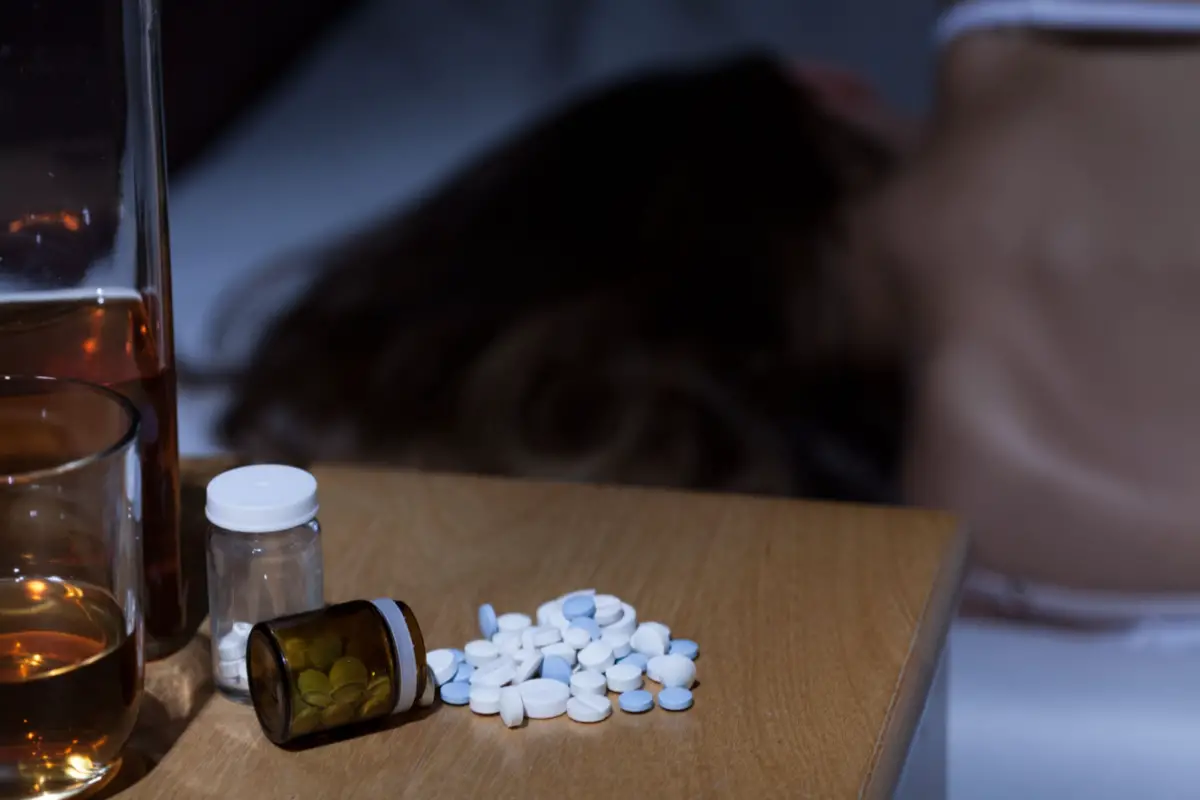Alcohol is one of the main reasons for depression and many more mental illnesses. Yet, many people consume it to overcome them. Both alcohol and antidepressants are somehow used for the same purpose by patients with depression and several other mental disorders. Antidepressants are prescribed by doctors, while alcohol consumption is prohibited and not preferred by them. It is a short way to escape and not let the doctors know about your mental health and conditions. Around 33% of people with depression also suffer from drinking problems. A question arises here if alcohol and antidepressants are used to treat the same kinds of illnesses, then why can’t they be mixed or used together? The answer is described below:
Table of Contents
Toggle1. Interference in Depression Treatment

Alcohol and antidepressants, when taken together, can worsen the overall process of treatment and can have fatal outcomes. It not only slows down the treatment process but can also make you suffer through more mental illnesses. Especially if you are a heavy drinker, alcohol will minimize the effectiveness of the antidepressants you are consuming. Therefore, your treatment progresses at a slower and, in the worst-case scenario, stays still.
A massive number of people are involved in substance abuse to overcome their depression. But, they are not aware of something that only makes the mental health symptoms even worse, like making you feel dizzy and affecting impaired coordination in the longer run. Even though it would give a slight relief at the moment, but will make you regret it in the longer run. In short, if you want to improve your mental health, you need to start by quitting alcohol to improve your progress.
Consuming alcohol can also make a direct impact on your thinking. Using both alcohol and antidepressants together would also make you drunk faster, even with less substance than you needed before. It can lead to making poor decisions or bad behavior with close ones.
2. Side Effects
Even though consuming both antidepressants and alcohol at a time is not always life-threatening, it is still not a good idea to combine two substances. As it leads towards an even stronger drunk pleasure, its side effects will also get worse. These are some of the most common side effects that you may feel:
- More frequent anxiety attacks
- Feeling dizziness
- Headaches
- Not being able to concentrate
- Insomnia
These side effects may also vary based on the type of antidepressant medicines you are using. Not only antidepressants but alcohol is not compatible with any type of medicine. Plus, consuming it in large quantities or frequently can make them more serious. As alcohol fights against all the benefits medicines provide, you should always avoid them.
3. Increase in Suicidal Behavior and Thoughts

Several pieces of research have proven that drinking when taking antidepressants is at a higher risk of suicidal behavior or thoughts. It happens due to alcohol making a direct impact on your brain and making you feel worse about yourself. As your judgment is also not at its full capacity, the chances you may end up making wrong the wrong decision.
Compared to a person who does not get drunk, using alcohol would get you at a 10-15% higher risk of making a suicidal attempt. Moreover, it is likely to be your impulsive response to stress or a situation.
4. Can be life-threatening
It is not like combining antidepressants and alcohol will make you blow up, yet it is like consuming slow poison. Taking both together can result in a dangerous spike in your blood pressure, decrease your reaction time, and the list goes on.
Rather than helping you, alcohol fights against antidepressants and your body organs. Also, if your medicines are in high doses, then there is also a risk of damaging your organs permanently, which may lead you to life-threatening diseases. Even though drinking alcohol is not directly responsible for causing such dangerous illnesses, it is still one of the main causes of it.
5. Risk of Developing Other Disorders

When you drink alcohol while taking SSRIs, you are not only allowing alcohol to fight against the medicines but also exposing yourself to even worse disorders. Drinking is said to be one of the top reasons for developing disorders; if you already have one, consuming more of it would almost guarantee to have more of them.
It would be prone to get more mood swings, impaired functions, and many more things that you surely do not want to experience. However, it would depend on the type of medications you are taking. Still, no doctor or mental health professional recommends getting drunk while taking antidepressants.
Is there any safe way to get drunk while a person is on antidepressants?
Most antidepressant medicines available contain substances like alcohol. Other than consuming these medicines, there is no other recommended way from professional doctors and mental health professionals to get alcohol. Even a small amount of alcohol with antidepressant medicines can negatively impact the recovery progress from mental illnesses.
Is skipping Antidepressants for a day to get drunk a good idea?
Whether you want to skip antidepressants to get drunk or for any other reason, it is obviously a bad idea. These medicines only perform best when taken consistently over a given period. Giving breaks in between, especially to have alcohol, will not only slow down the recovery procedure, but it will also fight against all the benefits you may want to get from antidepressants.
Why do people drink on antidepressants?
As antidepressant medicine consumers struggle through a lot of mental stress, they look for easy ways to get rid of it. Alcohol consumption is one of the most common ways, yet an ineffective way for it. Surely, it helps to boost the mood and spirit for a short span of time, but it makes the overall situation even worse than before. Most doctors also ask their patients to stay away from their antidepressants to fasten their recovery speed and effectiveness.

I am a passionate beer connoisseur with a deep appreciation for the art and science of brewing. With years of experience tasting and evaluating various beers, I love to share my opinions and insights with others and I am always eager to engage in lively discussions about my favorite beverage.
















